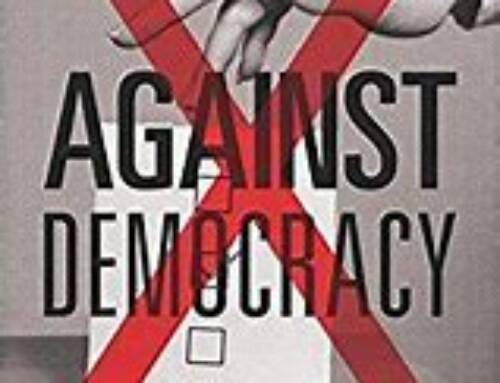Over the years I’ve seen a handful of workers’ compensation adjusters who seem to forget that injured employees are real people who have families and are going through a difficult time, physically and psychologically, because of a workplace accident.
Adjusters have complete authority over people who are subject to their control. In 1971, a Stanford psychology professor wanted to answer the question: What happens if you take good people and give some of them absolute power over others?
What happens if you take good people and give some of them absolute power over others?
He set up an experiment to see how Stanford students would behave if they suddenly found themselves in a prison, either as guards or as prisoners. The basement of the psychology building was transformed into a prison, and students who volunteered for the experiment were randomly assigned as a prisoner or a guard.
The results were horrifying, as the guards began to abuse the prisoners and the prisoners began taking orders and doing whatever they were told to do. A two-week experiment was stopped after six days.
What the professor discovered was that if those in authority are not supervised, the illusion of power will make them do things they never dreamed possible. Smart, capable and friendly students acted like villains as they became corrupted by unchecked authority.
I wonder, are adjusters (or any of us) subject to this same psychological pull? Probably.
Why else would an adjuster arbitrarily stop an injured workers’ weekly check, or deny medication that the worker had been getting for weeks, or delay approving some routine medical treatment that had been ordered by the authorized treating doctor? Would they do the same thing to their own family member, or someone they knew personally?
Why else would an adjuster arbitrarily stop an injured workers’ weekly check, or deny medication that the worker had been getting for weeks, or delay approving some routine medical treatment that had been ordered by the authorized treating doctor?
Unfortunately, adjusters have authority over many people who may seem like names on a computer screen, and nothing more. Perhaps, in the context of a job where the people who need their help are anonymous to them, with the pressure of saving their employers money, some adjusters may stop seeing those with claims real people who need help.
There is an old saying that “Power corrupts, and absolute power corrupts absolutely.” If adjusters are left without proper controls to monitor their work, the sirens of power may lure them down a path of destruction. To make sure that does not happen, employers and
insurance companies have a duty to make sure adjusters are held to professional standards.
If you are curious and would like to learn more about the fascinating and shocking 1971 Stanford Prison Experiment, check out this video (if you don’t have time for the whole thing, the first few minutes should give you a sense of what’s going on):
[youtube https://www.youtube.com/watch?v=FkmQZjZSjk4?rel=0]
The Travel Channel also recently had a special on the Stanford Prison experiment. Check it out the trailer here (https://www.travelchannel.com/Video/stanford-prison-artifact-16340/).








Leave A Comment
You must be logged in to post a comment.